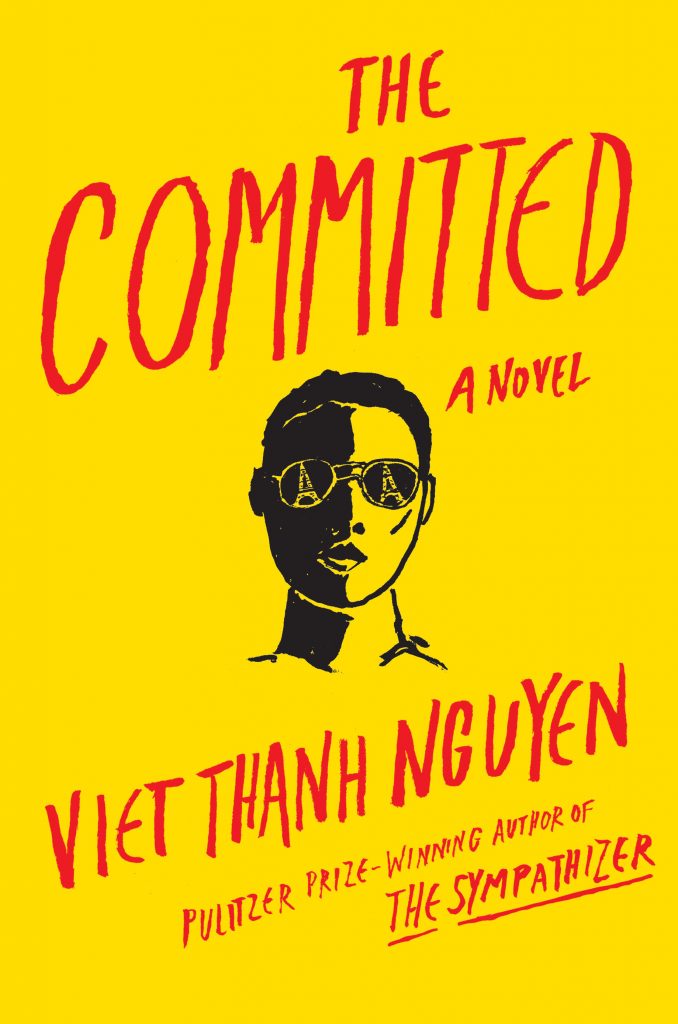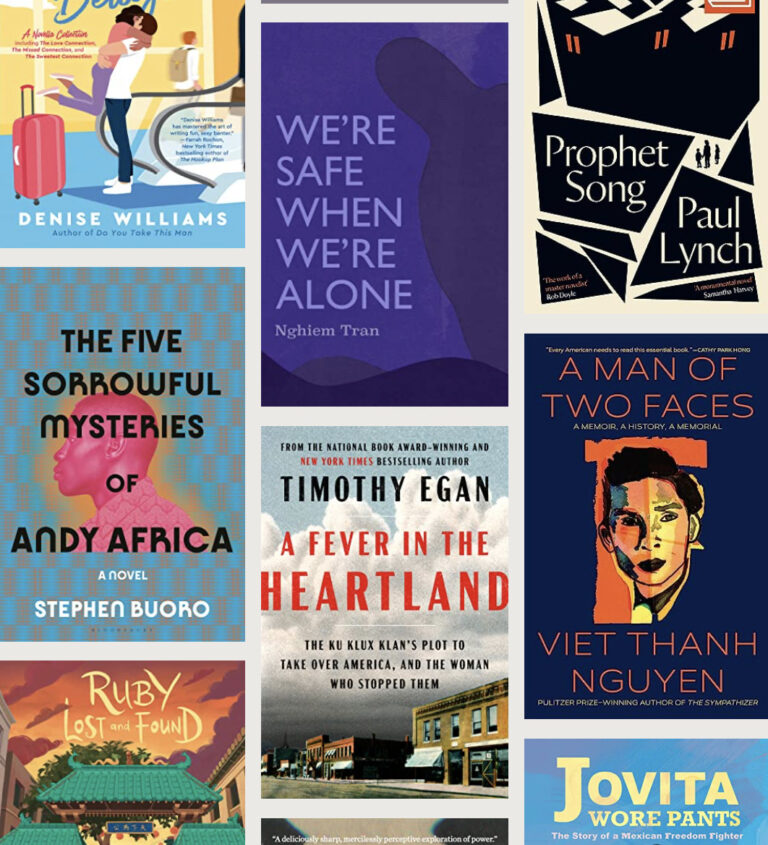Aminatta Forna reviews The Committed for The Guardian.
“We were the unwanted, the unneeded and the unseen, invisible to all but ourselves.” And with those words he is back, the “man of two faces and two minds” as well as many guises: Vietnamese, French, American, soldier, academic, Japanese tourist, waiter, hoodlum, killer, communist, capitalist, spy. In 2016 the unnamed protagonist of Viet Thanh Nguyen’s first novel The Sympathizer won his creator a Pulitzer prize for fiction. In a distinctive voice, one that mixed erudition with the vernacular, quiet reflection with emotional outburst and came threaded with a biting wit, he recounted his life as a Viet Cong spy. His journey led him from a shack in Saigon to life among wealthy Vietnamese exiles in Los Angeles, finally to confront his own past years later back in Vietnam. There he is held in a re-education camp where he is interrogated and tortured by “the faceless man”, forced to write and rewrite his “confession” in an attempt to correct his ideological position: the result is the book itself.

For decades the master narrative of the Vietnam war has been created by American books and movies. It is the story of the impact that fighting the war had on the bodies, minds and hearts of mainly white American males. It is, as Nguyen himself has observed in the past, the first time history has ever been written by the loser. In 1975, aged four, Nguyen left Vietnam with his parents, bound ultimately for the United States. On arrival he lived away from them for a period, with a white sponsor family. He has talked often about the indelible early experience of being a refugee. In The Sympathizer Nguyen seized the narrative of the war in Vietnam from American hands, reminding the world of the millions of Vietnamese who lost their lives, livelihoods, country and futures as a result. In doing so he masterfully reversed the gaze to show America through the eyes of a Vietnamese refugee: communist, double agent, man of two faces.
In The Committed, the action shifts from the US to France, where the man of two faces has gone to live following his apparently successful re-education. Our unnamed hero soon becomes accidentally sucked into a Vietnamese criminal consortium and enters the Parisian underworld. He is very much a man to whom things happen, whose own agency is almost always a reaction to his circumstances, who is just trying to stay alive.
Where The Sympathizer challenged the popular narrative of the Vietnam war, the narrative being challenged here is that of empire, starting with the French occupation of what was then Indochina in the late 1800s and ending with the decisive defeat of the French by the Viet Minh at the battle of Dien Bien Phu in 1954. In a story populated with characters from Vietnam, Algeria and French West Africa, the entire French colonial legacy comes under scrutiny. Nguyen doesn’t stop until he has cut the whole of European empire down to the bone to expose the self-deceiving lie that, in some quarters, holds still – that of empire as a mostly benign “civilising mission”.
The Committed is a dense book, full of lengthy debates between the characters, who have names such as “the Maoist PhD” and “the eschatological muscle”. There are references to texts by Marx, Sartre, De Beauvoir, Césaire, Fanon and others, as well as narrative threads that carry us through the major political, economic and societal aftershocks of late 19th-century colonial expansion: capitalism, the rise of communism, immigration, assimilation, hypercapitalism, religious extremism. It is, in short, an unashamedly political novel of the kind that has been out of fashion for several decades.
Writing in the New Yorker in 2013, Tim Kreider remarked: “If historians or critics fifty years from now were to read most of our contemporary literary fiction, they might well infer that our main societal relationships were issues with our parents, bad relationships and death.” The year before, writing in this newspaper, Pankaj Mishra asked how many authors in the UK and US “have actually made use of their privileges during the last decades of violence and mayhem unleashed by their governments?” Since 2016, of course, there has been a reckoning in the US. Much soul searching has followed. Literary writers have found themselves accused of what has amounted to nothing less than a dereliction of duty.
And so here it is, with perfect timing, a political novel that anyone who is part of a colonising or colonised nation – and that includes, of course, America – should read. It is an invitation to the reader to think, not just to feel: to think deeply about political systems and ideologies, whose interests they serve and what, if any, answers they can provide.
An overtly political theme is often taken to undermine the literary aesthetic of the novel and, indeed, of art itself. Nguyen, I would guess, stands with Picasso, who said of his eponymous painting depicting the German bombing of the town of Guernica, “painting is not done to decorate apartments. It is an instrument of war for attack and defence against the enemy.” Nguyen is a craftsman. A fight scene in which a man is strangled is written as one breathless sentence several pages long. Later, he effectively deploys the dissociative implications of the second person in a scene of mental breakdown. And then there’s the humour: streets are “narrower than the average French mind”. I was reminded of Ahdaf Soueif’s The Map of Love, in which a deeply political novel arrived in the vestments of a romance. In The Committed, a political novel comes in the guise of a thriller.
I wondered, as I was reading it, whether I would have enjoyed it as much had I not read The Sympathizer first. The answer is this. On its own The Committed is a rich and valuable read, but together with The Sympathizer, it amounts to much more than the sum of its parts. These two novels constitute a powerful challenge to an enduring narrative of colonialism and neo-colonialism. One waits to see what Nguyen, and the man of two faces, will do next.


